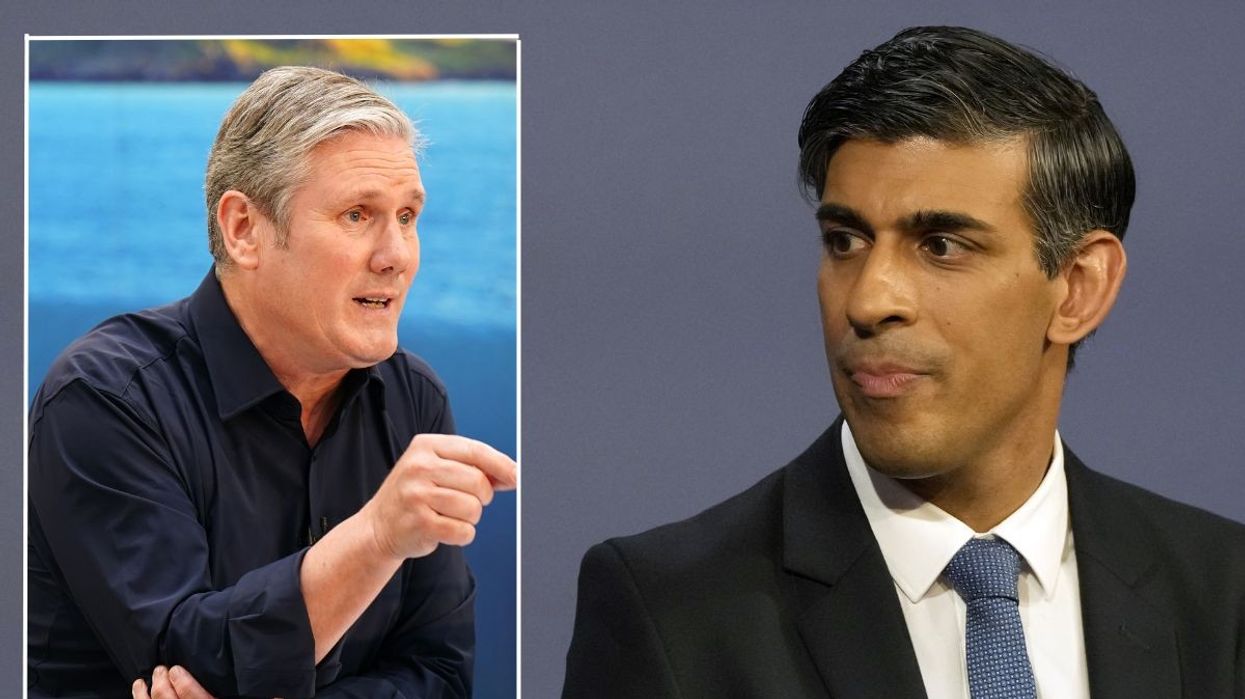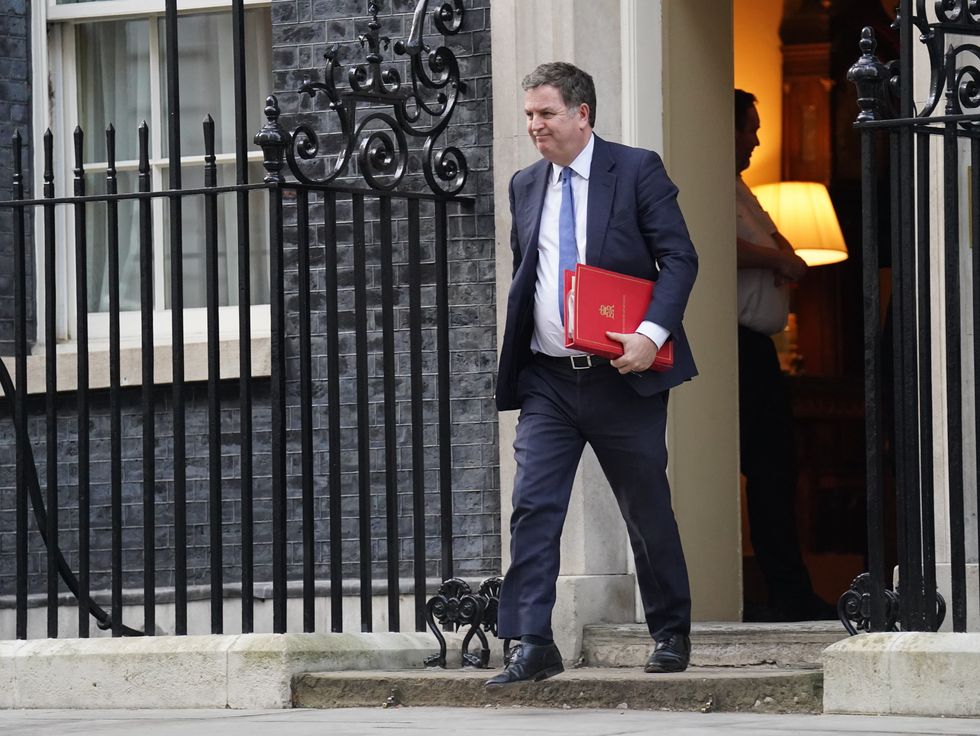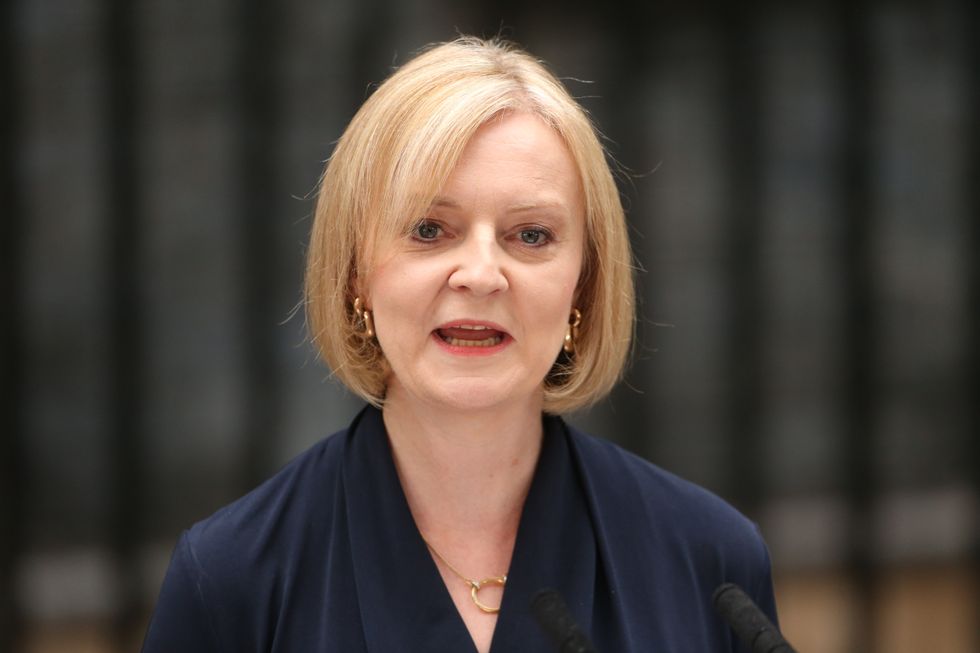Future plans for state pension triple lock confirmed by Tories and Labour

Sir Keir Starmer (left) and Rishi Sunak (right)
The triple lock was temporarily suspended in 2022 amid soaring costs following the coronavirus pandemic
Don't Miss
Most Read
Trending on GB News
Conservatives and Labour have confirmed their plans for the triple lock on state pensions until the end of the decade.
Work & Pensions Secretary Mel Stride said the triple lock would “almost certainly” feature in the Tory Party’s manifesto ahead of the next general election.
Stride’s comments come despite warnings of persistently high inflation continuing to push up costs.
The Labour Party will also likely support a state pensions increase by about seven per cent in April after a 10 per cent rise this year.
 A stock image of pensionersPA
A stock image of pensionersPAA spokesman for Sir Keir Starmer confirmed Labour was also committed to the triple lock going forward.
The guarantee ensures pensioners' payments rise by earnings, inflation or 2.5 per cent.
The increase is dependent on which one of the three variables is highest.
A rise of seven per cent would help pensioners cash in on almost £750, taking their annual pension pot to about £11,300.

Work & Pensions Secretary Mel Stride walking out of Downing Street
PAHowever, inflation is forecast to fall by the time the triple lock upgrade is implemented in April.
Stride, who succeeded Chloe Smith as Work & Pensions Secretary following Rishi Sunak’s election as Tory leader last autumn, told LBC: “I think we do have a particular duty to pensioners.
“They are in a position where it is less easy for them to step back into the labour market.
“So I do think it’s particularly important that we look after them.”

The triple lock is expected to stay put despite concerns about ballooning costs
PexelsHe added: “I’m confident that it will be.
“It’s not for me to write the manifesto on air, but I think it almost certainly will be.”
Sunak’s spokesman doubled-down on Stride’s comments, claiming the Prime Minister is “committed” to the mechanism even if inflation makes the policy even more expensive.
The triple lock was introduced by ex-Prime Minister David Cameron in 2010.
 Liz Truss served as Prime Minister for just 49 daysPA
Liz Truss served as Prime Minister for just 49 daysPAIt was temporarily suspended in 2022 due to distorted wage growth as a result of the coronavirus pandemic.
Liz Truss later considered scrapping the guarantee after it was revealed the UK’s pensions bill had reached £124billion.
Truss eventually back-peddled on the proposal to keep the mechanism in place.








